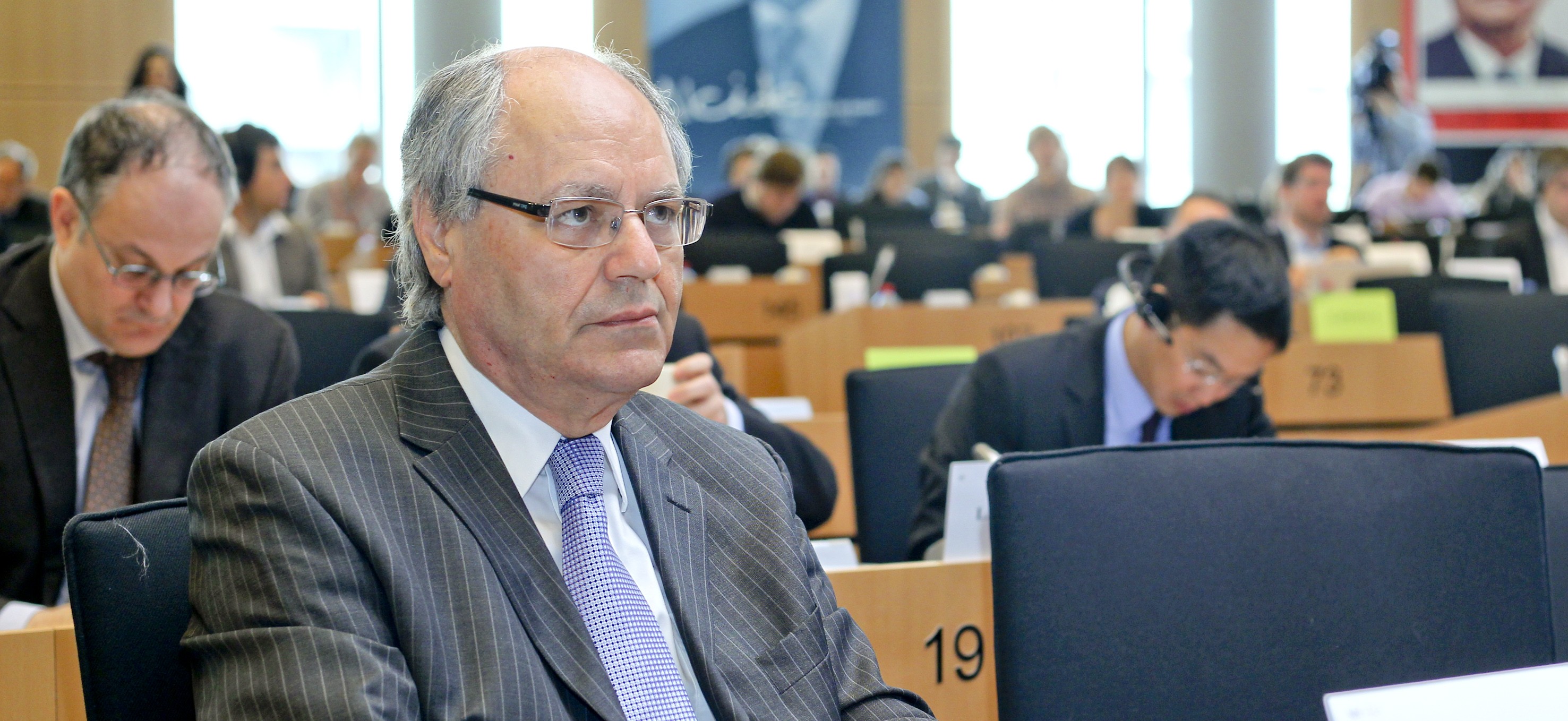What do our Members of European Parliament (MEPs) go through during their weekly ordeal in Brussels and Strasbourg? di-ve.com’s “The MEP’s dairy” features one MEP’s agenda every Monday.
Labour MEP Prof. Edward Scicluna (Socialists and Democrats) goes through his diary entry for last week.
The Parliament “green weeks,” when the legislative committees and political groups are not sitting, are usually an opportunity to take a breather from the daily grind of Parliament and have a week in Malta, uninterrupted by the four-hour flights to and from Brussels.
Not for me, this time. Instead, last week was broken up by my first meeting as Parliament’s representative on the European Statistical Advisory Committee (ESAC) at the European Commission. This position was finalised last month when the Economic Committee voted to appoint me to the committee. I seem to have become the Parliament’s “in-house expert” on statistics. I have been rapporteur on two major reports and will shortly start work on another. Last week, the bureau of the committee – made up of the chair, vice-chairs and political group coordinators – appointed me as rapporteur on the new Statistical Regulation, which will govern the production of government data across the European Union.Analysing statistics is not everyone’s cup of tea, but statistics are a vital building-block in making policy and then assessing its effectiveness. Moreover, with the debt crisis in Greece and other countries having been partly caused by fraudulent statistical data which hid the true scale of debt, statistical data has become very important politically. But the committee is understandably anxious to avoid politicising economic data. In the words of Walter Radermacher, the Director-General of Eurostat, as soon as statistical indicators are used for political purposes, they quickly stop being effective.
However, while producing high quality statistics has become a more important priority, as countries across the EU cut spending in response to the crisis, this has resulted in fewer resources and less man-power for national statistics agencies. If this remains the case, we will have to do “less with more” – a difficult task in any situation.
It was pleasing to see such a high level of expertise – the members of the committee all have impressive qualifications and know their stuff. Along with a few officials from Eurostat, there are also members of the different national institutes, and representatives of businesses and trade unions.
What committees like ESAC lack is the drama they make up for in technical expertise. Indeed, the reality is that it is in committees like ESAC – not on the floor of Parliament – where the nuts and bolts of law-making really takes place.

On returning to Brussels, my attention moved to a workshop organised by the Socialist and Democrat group on eurobonds. I am the group’s spokesman on eurobonds, which are high up on the political agenda.The recent election results in France, Greece and across the EU have already affected the mood in Brussels. After Francois Hollande’s victory over Nicolas Sarkozy, the European Commission immediately announced that they wanted to increase the capital reserves of the European Investment Bank by €10 billion and unlock over €80 billion in unused structural funds. It is likely that eurobonds or targeted “project bonds” will form part of this package, with joint liability bonds by different EU countries, a plan for the medium term rather than the short term.
The last two years have been dominated by talk of austerity and tight fiscal discipline. With much of Europe now back in a double-dip recession, the focus seems to be shifting towards policies driving growth. However, measures like eurobonds or increasing EU spending will not be welcomed by all governments. There remains a lot of work, negotiation and compromising to do.

– di-ve : 14 May 2012



